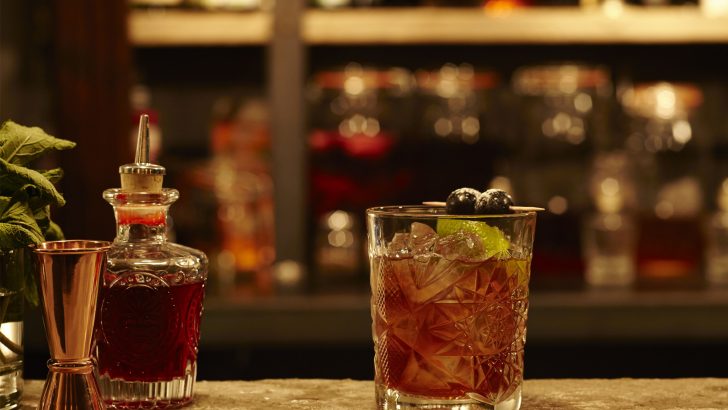It is no idle boast – it is not a boast at all – but I think I know as much about the damage that alcohol can do as any man or woman alive. Alcohol abuse devastates lives – and afflicts every family member connected to the abuse. It can drag a man or a woman down to the very depths of depravity, and is a source of at least 70% of violence in the home.
Alcohol dependency is a source of unalloyed misery.
It is also clear that alcohol can be linked with ill-health. It has been known for many years that cirrhosis of the liver is often caused by over-indulgence in alcohol (and rich food). Not unexpectedly, cirrhosis has traditionally been a leading cause of death in France – albeit sometimes at an advanced age.
And now doctors are warning that at least seven types of cancer, most notably breast cancer, are associated with imbibing alcohol. There has been a well-supported movement to put cancer warning labels on alcohol products. But it seems that this will not now occur – the Public Health Alcohol Bill has passed through all stages of the Seanad with no such amendments made.
Senator Frances Black is appalled by the failure to legislate for the cancer warning labels, claiming that one in eight breast cancers is due to alcohol. “Are the profits of the alcohol industry more important now than women’s health?” she asks.
Horrors
Yet for all my knowledge about the horrors that alcohol can inflict, I cannot agree with Senator Black, and it has nothing to do with the profits of the alcohol industry, for which I don’t give a fig.
It is more about a Burkean distaste for the idea that the State be empowered to regulate every aspect of personal life.
Health education should teach awareness of the dangers of alcohol: but it should also be proportionate and balanced.
But the causes of cancer are many, varied and complex. And because we have eliminated so many other diseases, more of us will, in the end, inevitably die from cancer.
And I’m not convinced of the inevitable link between breast cancer and drinking. Some doctor tactlessly told a woman suffering from cervical cancer that “nuns don’t get cervical cancer”: and it is medically true that cervical cancer hardly ever affects virgins. But nuns are more vulnerable to breast cancer – although nuns almost never drink alcohol. This disproves the absolute link that Senator Black underlines.
Senator Black says that failing to label alcohol products is “an insult to those who have suffered from cancer”. But slapping a cancer label on every bottle of wine is tantamount to blaming the most moderate drinker for every tipple.
Complex
Indeed, claiming that breast cancer is caused by alcohol is tantamount to blaming a cancer victim for getting the disease, when the causes may be much more complex (and can be genetic).
I hate alcohol abuse. I loathe the company of drunks. I think there should be much more help for alcohol addicts. But millions of people can drink moderately, with no harm whatsoever to themselves or others, and with much cordiality. It would be quite wrong to demonise such consumers, or tell them they’re courting cancer with every mouthful.
*****
Post-Civil War misery well portrayed
President Michael D. Higgins [pictured] spoke brilliantly at a stunning and important documentary shown at the Clifden Arts Festival last week. The documentary film is called Keepers of the Flame, fronted by Prof. Diarmaid Ferriter, and it is a sensitive, knowledgeable and beautifully put together story about the aftermath of the events between 1916 and 1921.
The film-maker Nuala O’Connor has drawn on an extraordinary wealth of evidence from ordinary Irish people – particularly in relation to the themes of remembrance, and of military pensions.
The sad truth is that some deserving applicants for pensions – some in dire poverty too – were refused them, or only got a paltry amount. Some of the decisions to award state pensions in the aftermath of this troubled period were political.
What was so impressive about Michael D. was his sensitive approach to the whole Civil War period.
He absolutely understands that there were sincere and principled people on both sides.
A marvellous piece of film work.


 Mary Kenny
Mary Kenny
